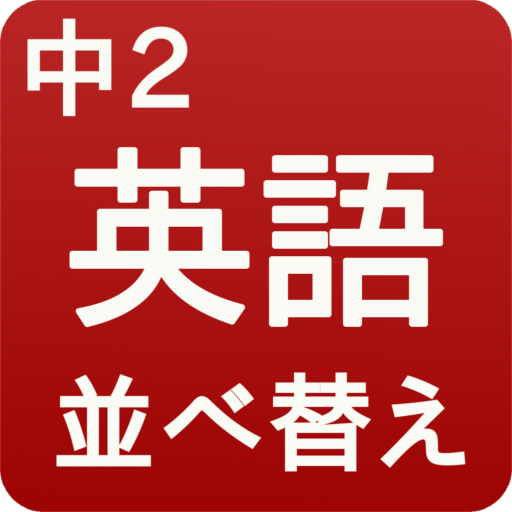動詞にsがつく
study,playなど一般動詞は現在の文のとき、主語によって形が変化する。
(例)
I play tennis after school.
私は放課後テニスをする。
Ken plays tennis after school.
ケンは放課後テニスをする。
主語がIのときは、playは原形だが、主語がKenになるとsがついてplaysになる。
肯定文
一般動詞にsがつくのは,主語が単数でI,You以外のとき。
he, she, itや代名詞にしたときにhe,she,itになるもの
例
Ken, the man, my brother, Mr. Brown, Yumi, the girl, my mother, the dog, Ms. Green, the desk, our teacher など
例
He gets up at six every morning. 彼は毎朝6時に起きる
My brother studies English after dinner. 私の弟は夕食後に英語を勉強する。
Ms. Green watches TV every morning. グリーンさんは毎朝テレビをみる。
一般動詞にsがつかないのは主語が複数、I, youのとき。
I, you, they, we, the students, people など
sのつけかた
1. 語尾がs,sh,ch,x,o の場合
語尾にesをつける
teach→teaches, go→goes, wash → washes
2. 語尾が子音+yの場合
語尾のyをiにかえてesをつける
study → studies, cry → cries
3. 不規則変化
have → has
4. その他は語尾にsをつけるだけ
play → plays, take → takes
例
Our city has a museum. 私たちの市には博物館がある。
My brother watches TV. 弟はテレビを見る。
Yumi studies English. ユミは英語を勉強する。
Mike plays soccer. マイクはサッカーをする。
